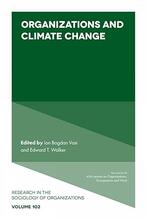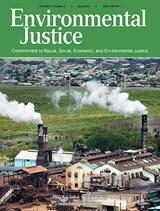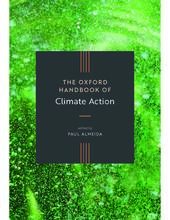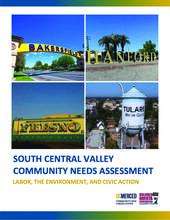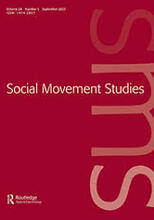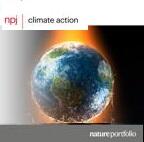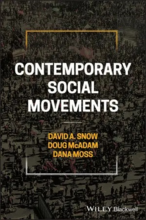Publications
Forthcoming
2026
Organizational and civic organizing resources provide critical inputs to communities in need. The skills and know-how of climate action tend to be concentrated with scientific experts and in research institutions. In order to reach broader segments of the population in terms of access and participation in climate action, expertise needs to be shared beyond academic and specialized organizational settings. This study examines the correlates of organizational resource sharing via the participation in climate action planning by members of a research university located in a disinvested region – the San Joaquin Valley of California. We consider the organizational, civic engagement, and ideational elements of individual participation in climate action in environmental justice communities with a large-scale census survey. Organizational members with civic capacity experience, environmental identities, and shared lived experience were found to be the most willing to participate in public meetings to address climate change and equity in frontline communities.
2025
Collective action against extraction tends to occur at the local level at the sites where nearby ecological damage takes place. In Panama in 2023, protests reached a national level against copper mining by a transnational corporation and successfully terminated operations. The protests endured for a month and acted as the largest outpouring of protests in Panamanian history. This study details how a massive campaign against extraction with a successful outcome builds from multi-sectoral alliances attained in previous struggles. The lessons learned from the mobilizations provide strategies for other regions in the search for equitable environmental policies that avoid threatening ecological sustainability.
Research on individual participation in climate action largely focuses on middle class environmental activism around protest events. To better understand the expansion of civic engagement on climate issues, more work needs to be carried out on wider sectors of the population. This study examines the drivers associated with involvement in climate action at the individual level with a survey sample of working-class youth of color. The findings suggest that youth embedded in pro-climate social networks, a history of civic engagement, and an equity belief system increase willingness to participate in several forms of climate action, including climate meetings, demonstrations, and inviting others to participate. For larger climate action initiatives to overcome the barriers of participation, linking to specific pools of sympathy in civil society that value economic equality may provide a mass base of support for policies consistent with just transition perspectives.
The environmental justice and climate justice movements have differing histories and trajectories. One of the promising developments in recent years is a growing alignment between the two movements and recognition of how the previous struggles over environmental justice contribute to the climate justice movement. This chapter describes the driving forces behind the development of the environmental justice movement, including history, goals, and outcomes. It also links the environmental justice movement to current climate advocacy efforts and the most promising forms of practicing climate justice in the contemporary era.

